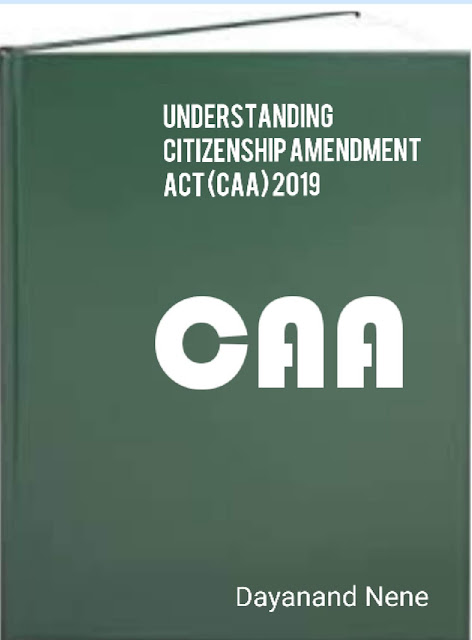Preface
Purposely spread misinformation and hatred
The passage of the Citizenship Amendment Act (CAA) in India has unleashed an extraordinary wave of vitriol, partisanship, and most importantly — misinformation — regarding the legislation.
Until now, both the media and academic space has been almost exclusively saturated with arguments that excoriate the CAA for alleged discrimination against Muslims.
I aim to bring the discussion to a generative place by analyzing the most plausible of the critiques made of the CAA.
While this is difficult, it is also necessary if we aim to understand the implications of the legislation as well as its basis in democratic, constitutional politics. In other words, engaging in such an exercise is crucial in getting at the truth.
Three major criticisms of the CAA, taking for each what I consider to be a “best-case” version of the argument against the legislation. These are:
• The CAA discriminates on the basis of religion
• The CAA is selective in its approach
• The CAA, when combined with the NRC, would lead to great human suffering.
What is the Citizenship Amendment Act?
The Citizenship Amendment Act — so named because it amends India’s Citizenship Act, 1955 — grants citizenship to Hindu, Sikh, Buddhist, Jain, Parsi, and Christian migrants from the neighbouring countries of Afghanistan, Bangladesh, and Pakistan who entered India prior to the start of 2015.
The Indian Government’s stated intent in passing the CAA has consistently been to confer the certainty and assurance of citizenship in India to religious minorities in India’s neighbouring Islamic theocracies whose persecution is facilitated by the State as a direct result of their religious beliefs.
Opponents of the CAA allege that it (a) discriminates on the basis of religion by excluding Muslims from the ambit of the bill; (b) is selective in its approach; ; and © has the potential to cause widespread human suffering when combined with a National Register of Citizens at the national level.
Actually, CAA is not a final, exclusive exercise; its objective is to recognize a class of vulnerable people on an easily verified basis and provide them with citizenship.
Again, if naturalization is afforded to certain religious migrants enumerated as a result of persecution, it does not in any foreseeable way affect citizenship for future generations born in India under the existing provisions of the Citizenship Act.
With the CAA, citizenship has been granted to a class of migrants on a one-off basis while maintaining all other existing avenues of naturalization for potential citizens. It is difficult to see how the CAA is itself a signal that will have a lasting, long-term effect on who is seen as “a real Indian.”
Second, nothing in the present exercise excludes future generations of asylum-seekers, including Muslims, from being granted citizenship. This is a one-off piece of legislation; the Citizenship Act has been amended to deal with the changing situation in India’s neighborhood several times before (e.g., 1987, 2004).
Dayanand Nene

Comments
Post a Comment